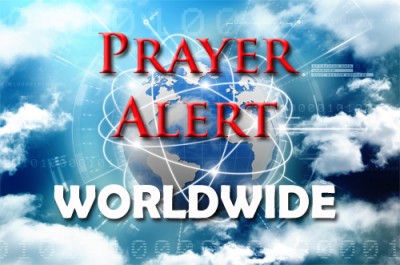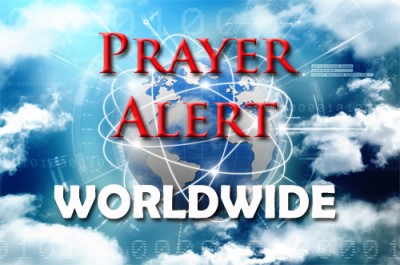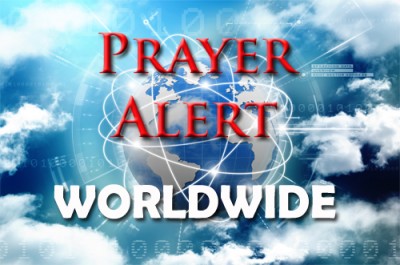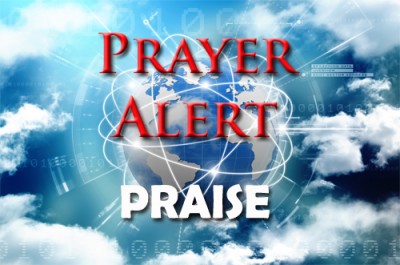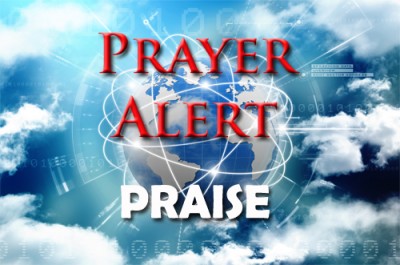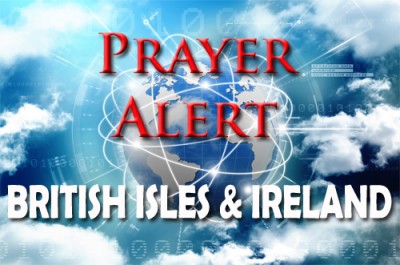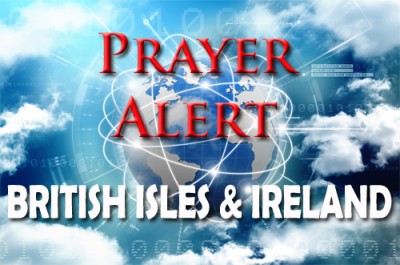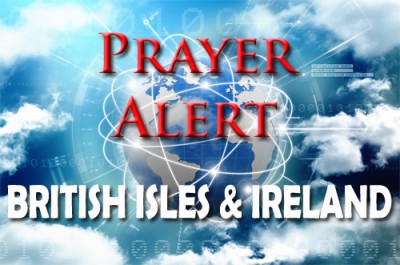Sri Lanka: violence against Christians escalates
25 Oct 2018Attacks against Christians in Sri Lanka have escalated this year, with Hindu extremism beginning to take root along with long-time Buddhist aggression, according to rights advocates. An attorney who requested anonymity said, ‘We are witnessing communities being mobilised in an increasing manner against Christians. We see the Hindu extremists influencing entire communities; then the communities lead violent mob attacks against Christian places of worship and Christians.’ Among recent cases, a large mob in Southern Province gathered to protest against a church in their community. This became a violent attack, and then discrimination against the Christians and harassment of the women. When a Buddhist monk joined them it further aggravated matters and the crowd became uncontrolled, not allowing the pastor or anyone else to leave. They assaulted a Christian who tried to leave. Later 500 people, including Buddhist monks, staged a protest against the pastor and church worship.
Northern Marianas: Typhoon Yutu
25 Oct 2018On 25 October the 200-mph winds of Super Typhoon Yutu were moving away from its devastating strike on Saipan and Tinian (the two largest islands in the Northern Marianas) and moving into the open waters of the western Pacific Ocean. It is the strongest typhoon on record to pass over the island, and could eventually threaten parts of southeast Asia (the Philippines, Taiwan or southern Japan) after a few days. Maximum sustained winds remain solidly at Category 5 intensity. Pray for the people of Tinian where many homes have been destroyed, critical infrastructure is compromised, and there is no power or water at this time. Several areas are inaccessible, and authorities are yet to complete a preliminary assessment of the damage. Heavy machinery has been deployed in Saipan to clear debris from roads so that first responders can reach people cut off by the storm. Many have lost their homes, and many businesses have been destroyed. See
USA: caravan of migrants
25 Oct 2018For over a week, 4,000 migrants from Central America have trudged north towards the US, fleeing poverty and violence in Honduras. Many are children, some with families, some alone. El Salvador, Guatemala, and Honduras have endemic levels of crime and violence. More than a third of all Latin Americans reported being victims of violent crime in 2016. The region is home to just 8% of the world’s population, but 33% of its homicides. World Vision (WV) has released a statement demanding that the needs of the immigrants in the caravan, especially the health and safety of children, be looked after. It wants measures to be taken to care for children on the move. WV understands the violence and sense of hopelessness that is driving families to leave their homes. As Christians, we are called to love and serve the most vulnerable among us, to welcome the stranger, and to show hospitality to those in need.
Andrew Brunson freed
19 Oct 2018American pastor Andrew Brunson has been released after being detained in Turkey for two years. President Trump has already met Brunson, who had been charged with helping to plot a coup against President Erdogan and sentenced to 37 months in prison. The Turkish authorities chose to release him based on his time already served, as well as his manner during the proceedings. Prosecutors had been demanding a ten-year jail term. The case had soured relations between Turkey and the US, heightened by Trump's desire to support Brunson and emphasise the importance of religious freedom. Erdogan’s office denied that any deal with the US had taken place, and criticised Trump for tweeting that he had been ‘working very hard for Pastor Brunson’ and his release.
Syria: border crossings reopened
19 Oct 2018Syria has re-opened two border crossings, one at Nassib on the Jordanian border and another on the divide between Syrian- and Israeli-controlled areas of the Golan Heights. Travellers expressed their joy. Nassib will once again be a major trade artery for the region. Its reopening had been anticipated since pro-Syrian government forces took the area from rebels in July. The Syria-Jordan crossing was a major link for direct trade between the neighbouring countries as well as longer-distance transit, which was a significant source of revenue. Its closure cut all land trade routes between Lebanon and the Gulf. Imad Sariheen, a Jordanian taxi driver, called the crossings reopening a source of ‘great happiness for all of us’ which will help ease ‘economic hardships’. Druze living in the Israeli-controlled area can now use the crossing to visit family, attend Syrian universities, or sell apples and other local produce.
Intercessor Focus: praying for Parliament
19 Oct 2018The Brexit divisions appear to be reshaping UK politics. In this time of turmoil we can pray for every ungodly plan or schedule to be completely broken. Ask God to inspire Theresa May, the Cabinet, and the advisers and technocrats working behind the scenes to embark onto the track and the timing that God purposes for the UK’s future relations with Europe, Ireland and the wider world. May every unnecessary burden currently being carried by those responsible for the nation’s future wellbeing be replaced with workable strategies. Rumbling on, the domestic front around Universal Credit is providing a fresh headache for Mrs May. Pray that this unpopular welfare policy will not distract her from a clear Brexit process. As the bloc’s leaders walk away from seeming deadlock, key mediators and advisers are working behind the scenes. Pray for God to give them the solutions that will not put Northern Ireland’s peace process and the Good Friday Agreement at risk. (Linda Digby - Prayer Alert team)
Youth: peer to peer evangelism
19 Oct 2018‘Open your eyes and look at the fields! They are ripe for harvest.’ Recently 100 evangelists and leaders gathered at Lambeth Palace to launch Advance 2020. 100 budding evangelists (ages 11-18) are to be trained by a wide range of ministries and denominations to prepare for 2020 and a ‘reaping year’. As the country goes through what will surely be two difficult years politically, they want to be ready to offer the hope only Jesus can give through a new generation of gifted evangelists. From 30 November to 2 December, a new Youth Evangelism event will begin to train young evangelists; all attendees will be given a free ticket to the National Youth Evangelism Conference (see ). Here they will be further equipped and empowered to be God's youth leaders in evangelism with and to young people.
Commons abuse 'tolerated and concealed'
19 Oct 2018Disturbing cases of bullying and sexual harassment have ‘long been tolerated and concealed’ in the House of Commons, according to a report by Dame Laura Cox QC, who said there was a culture of ‘deference, subservience, acquiescence and silence’. She said the procedures for protecting staff were inadequate, and that ‘broad cultural change’ was needed. The inquiry was commissioned following a BBC investigation earlier this year. Dame Laura described the House of Commons as a ‘stark reminder of how bad things used to be. No workplace is immune, but the culture in which it has been able to take hold in the House of Commons and the ineffective mechanisms for dealing with it make this a particularly serious case.’ Now that the nature and extent of the problem is exposed we can pray that all alleged sexual harassment by members of parliament is fairly dealt with according to new policies, procedures and personnel.
